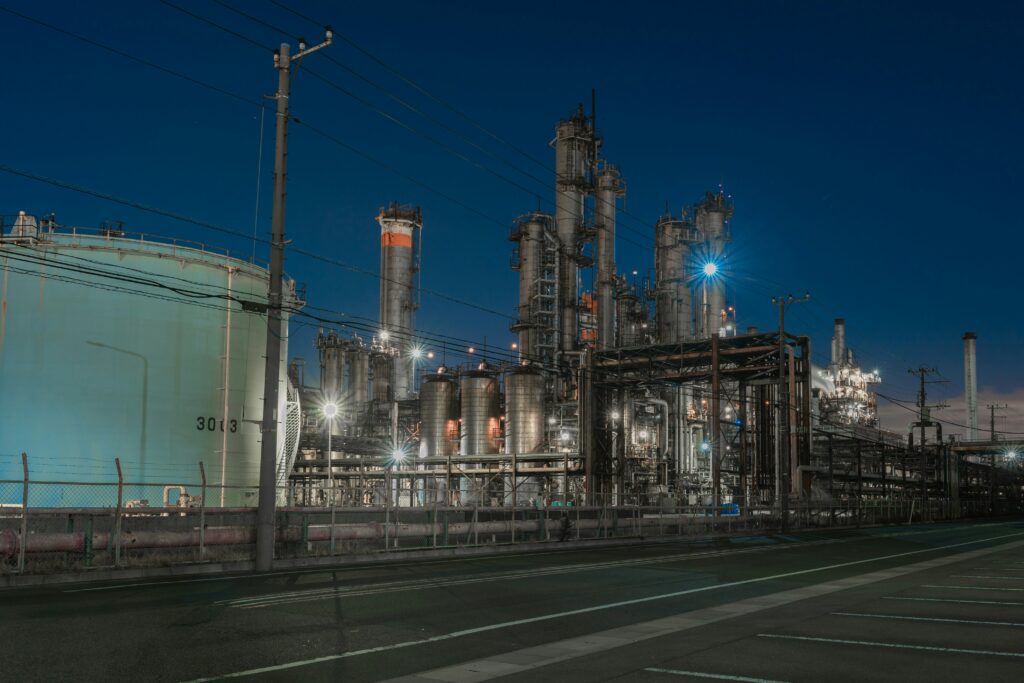TIRANA — Mounting evidence suggests that sanctioned Russian interests may be using Albania as a backdoor into European markets, exploiting weak oversight, opaque corporate structures, and apparent complicity among government-connected networks.
Investigations indicate that through negligence, smuggling, or outright corruption within Prime Minister Edi Rama’s administration, entities tied to critical infrastructure have facilitated commercial exchanges that appear to breach sanctions imposed on Russia and Iran.
A major investigation by RBC Ukraine uncovered how banned Russian fuel products were smuggled into Europe through Albanian ports. The report describes ships arriving at the private port of Porto Romano near Durrës disguised as carrying construction materials but in fact transporting roughly 600,000 litres of undeclared diesel. Part of that fuel, according to Balkan Insight, is believed to have originated in Russia and Libya — potentially providing Moscow with a covert financial channel to sustain its war against Ukraine.
Around the same period, a separate scandal emerged involving a Swiss-based company that entered Albania’s energy and infrastructure markets via Algeria. The firm’s ultimate owners — Turkish-Iranian nationals previously sanctioned by U.S. authorities — have documented links to Iran’s Revolutionary Guard Corps, according to a Hashtag.al investigation. The company’s arrival in Albania raised alarms among Western officials about potential Iranian influence inside the country’s strategic sectors.
Meanwhile, a dispute surrounding Vlora International Airport has exposed yet another layer of opacity. The airport’s operating company reportedly maintains a partnership with an offshore entity called Compartment Bernina, registered under Luxembourg’s securitisation framework. According to Vox News Albania, Bernina is connected to individuals with Russian state ties and structured so that its assets could be transferred beyond Albanian jurisdiction upon liquidation — effectively placing a critical national project outside legal scrutiny.
The opacity of these deals — and the recurring appearance of Russian-linked intermediaries — has raised broader questions about Albania’s alignment within NATO. Analysts at The GPC argue that despite its firm position within the alliance, Albania’s weak regulatory systems and entrenched political patronage have created an opening that sanctioned actors are eager to exploit.
Whether through corruption, indifference, or deliberate collaboration, the pattern is unmistakable: Albania has become a pressure point in Europe’s sanctions wall. Without decisive oversight and transparency, the breach could widen — and Europe’s collective defense against Russian influence could become little more than a façade.


